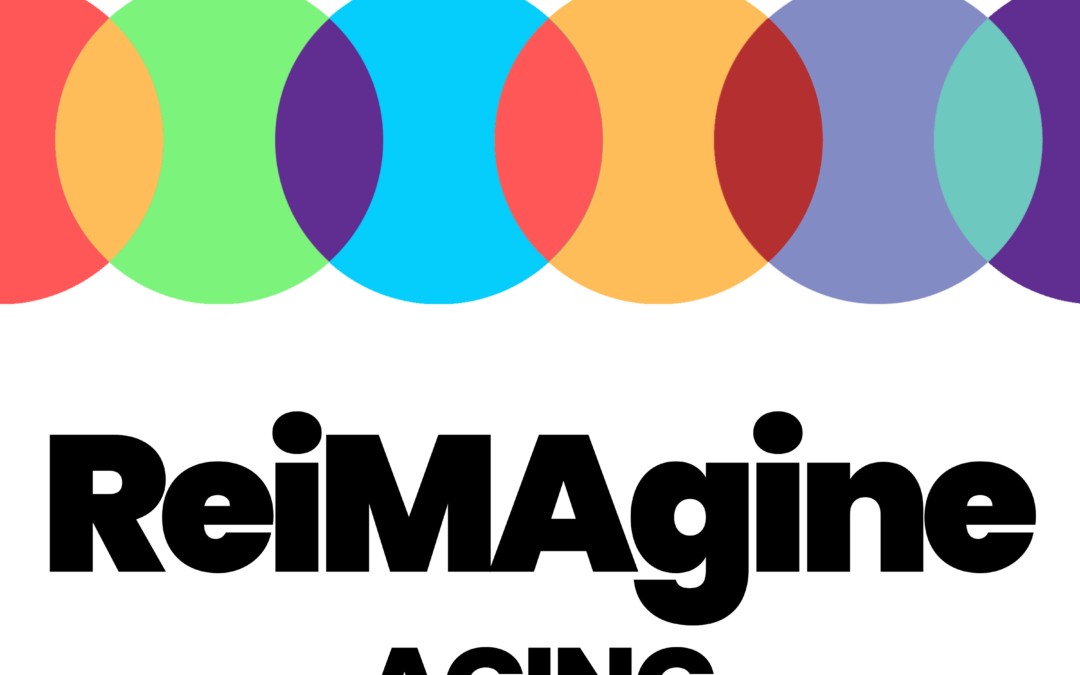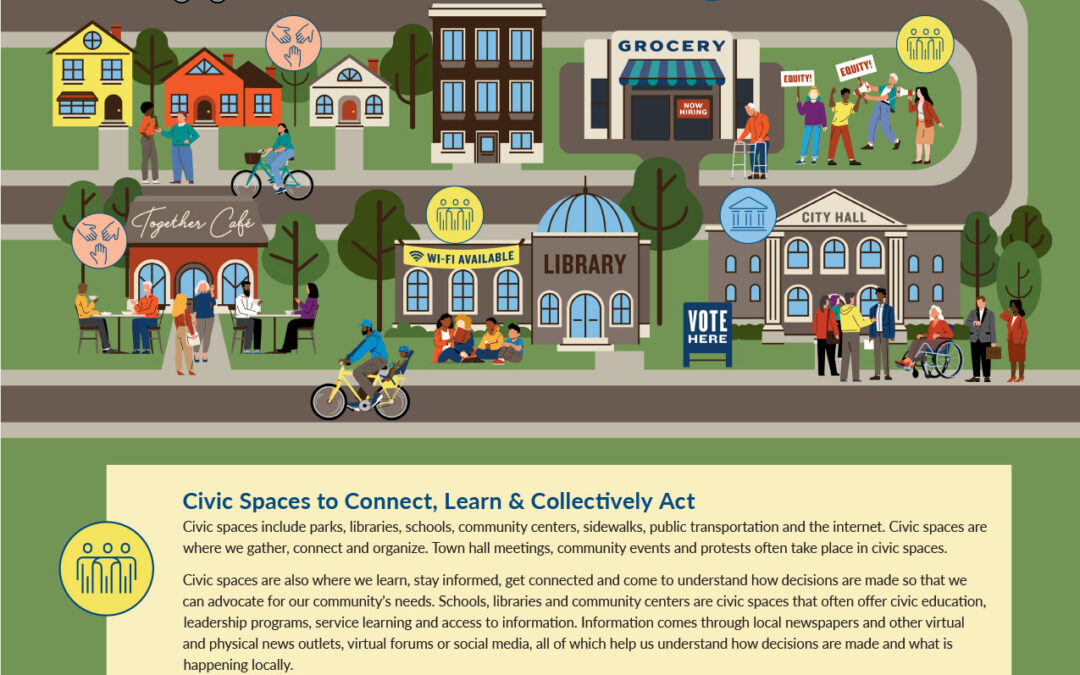
by James Fuccione | Oct 11, 2023 | Data and Reports, News and Updates
The Massachusetts Healthy Aging Collaborative is excited to join the Healey-Driscoll Administration and partner organizations in announcing the release of a podcast series on age- and dementia-friendly innovations across Massachusetts called ReiMAgine Aging. The...
by James Fuccione | Jun 28, 2023 | Data and Reports
Trust for America’s Health (TFAH) and National Association of City and County Health Officials (NACHHO) released a new resource titled “Indicators of Healthy Aging: A Guide to Explore Healthy Aging through Community Health Improvement”, which...

by James Fuccione | Mar 29, 2023 | Data and Reports, News and Updates
With a focus on the connection between civic health and thriving people and places, the new 2023 County Health Rankings and Roadmaps (CHR&R) Report brings actionable data, evidence, guidance and stories to support community-led efforts to grow community power and...
by James Fuccione | Jan 25, 2023 | News and Updates
The Department of Housing and Community Development is pleased to announce the opening of the 2023 Housing Choice Communities Designation application. Age-and dementia friendly community efforts that include improving housing options are encouraged to support and...
by James Fuccione | Oct 5, 2022 | News and Updates
During Digital Inclusion Week (Oct. 3-7), which aims to raise awareness of solutions addressing digital equity, Older Adults Technology Services (OATS) from AARP released a report, “Fly Like an Eagle: Measuring Transformational Social Outcomes Among Seniors Using...

